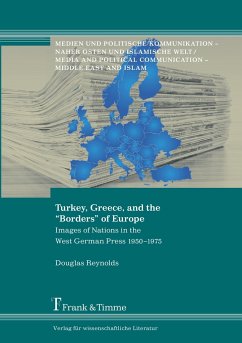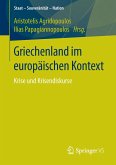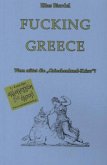The Republic of Turkey has long aspired to join Europe both politically and culturally. However, its attempts to do so have been met with scepticism, and there is no unequivocal answer to the question of whether or not Turkey is accepted and viewed as European. This question is of particular interest in the case of Germany, the engine of the European Union's economy which is not only home to millions of Turkish immigrants, but also has a history of cooperation with Turkey unique among European countries. With its analysis of West German prestige newspapers printed between 1950 and 1975, this study looks into how Germans viewed Turkey from a cultural and political perspective during a critical period of Turkish integration with the West and Europe, and compares this with perceptions of Greece, whose path to Europe was far less problematic by virtue of its classical legacy and Christian heritage.








